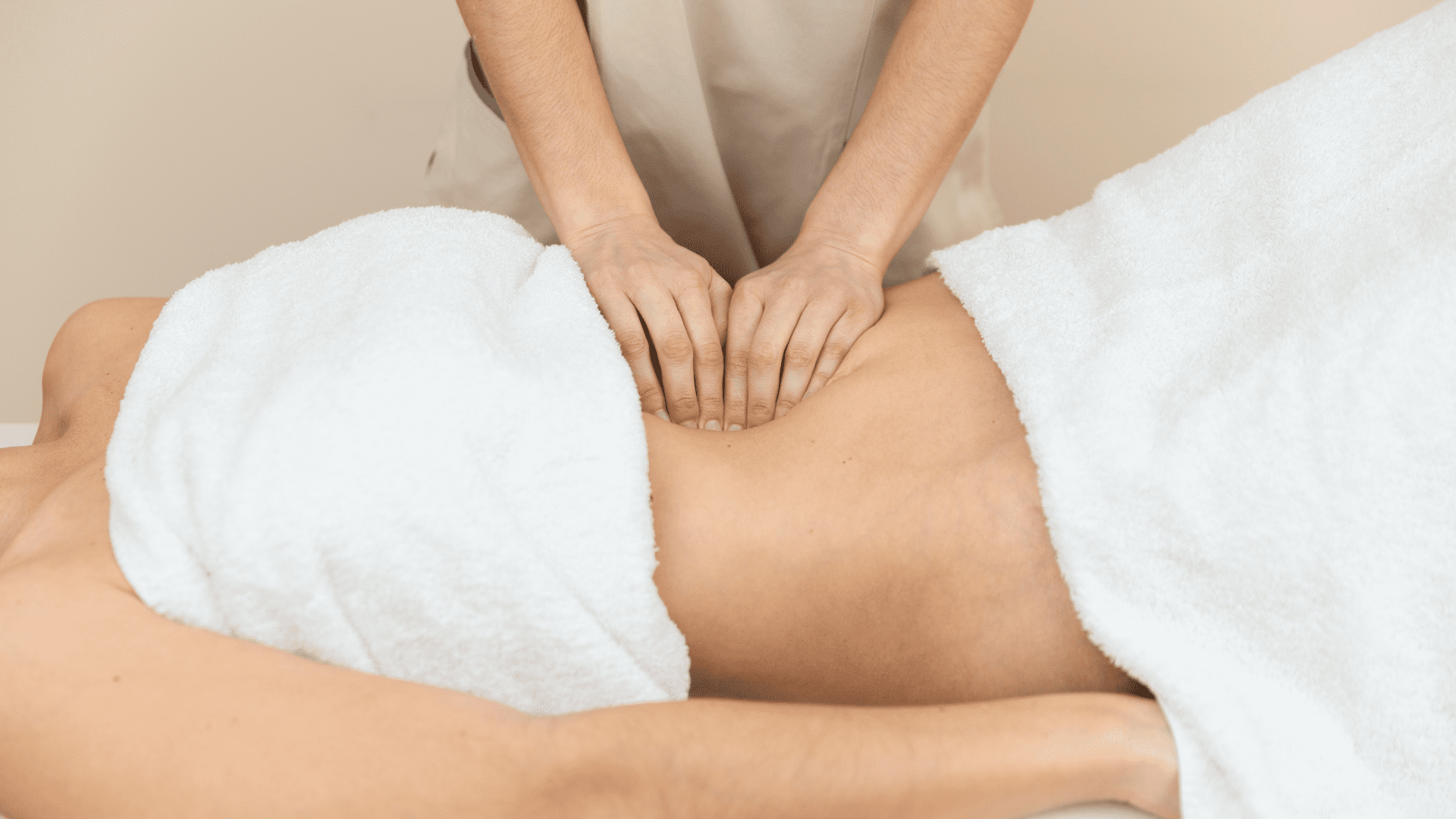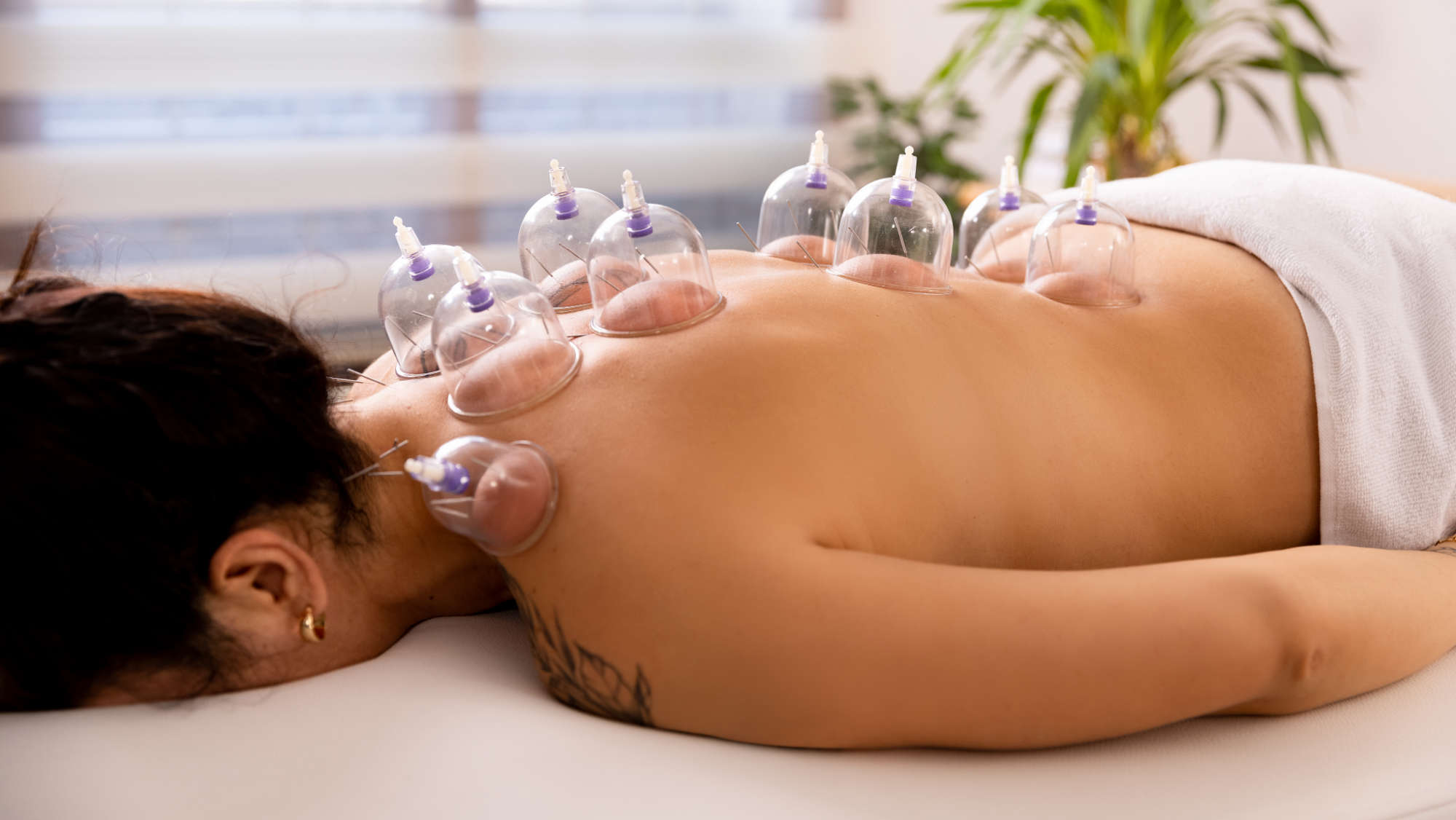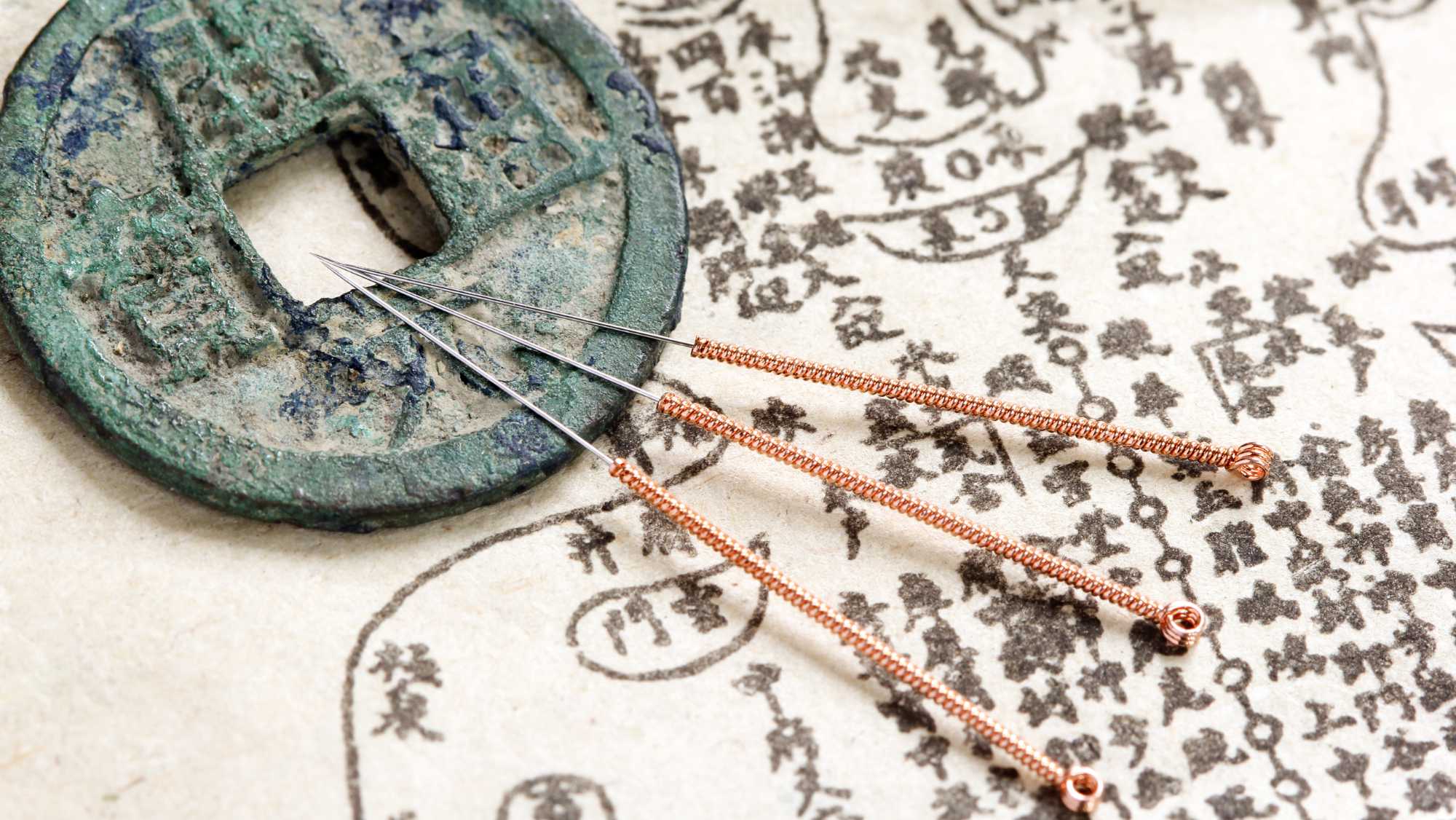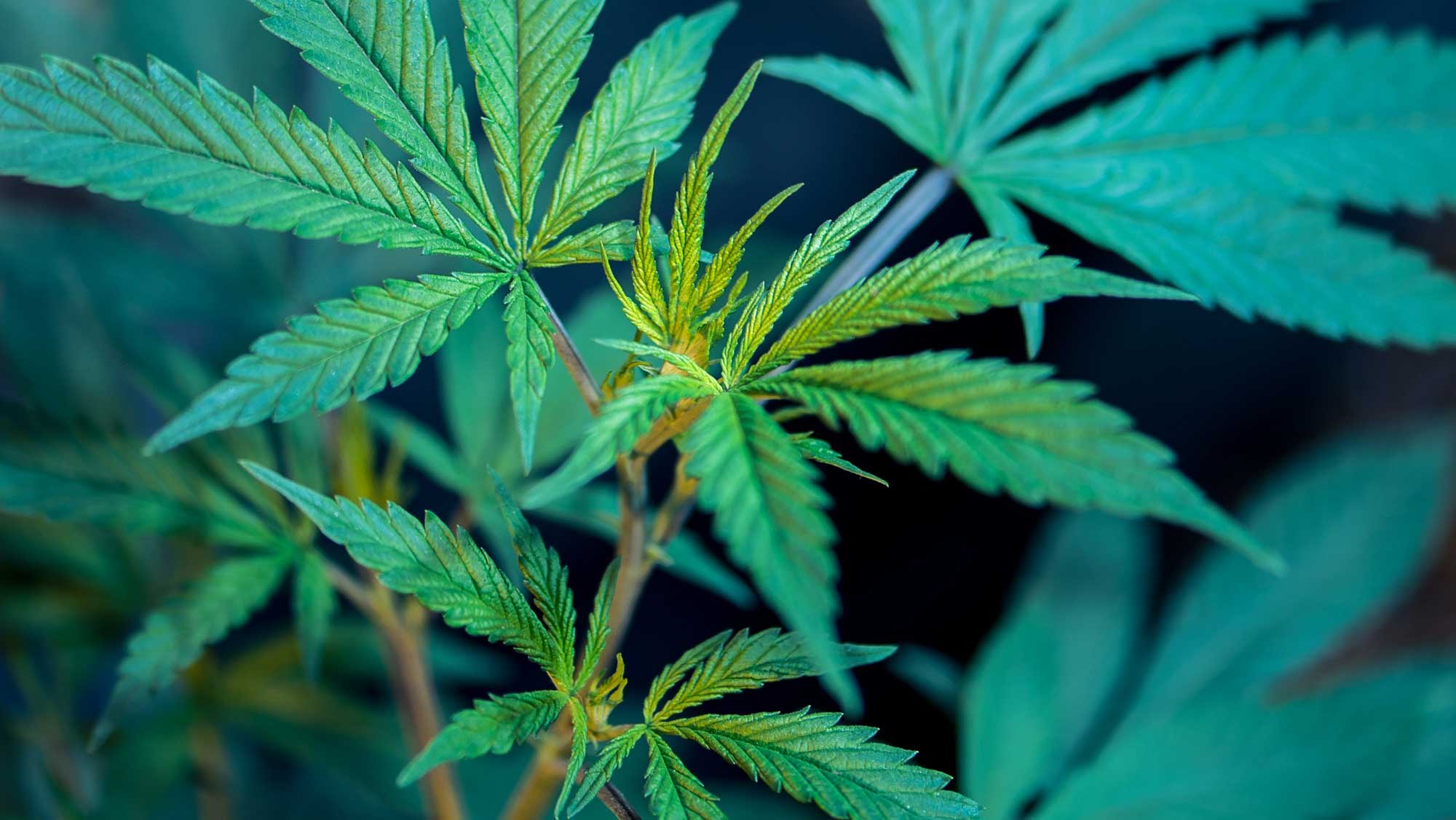With the growing popularity of holistic medicine, many people are becoming interested in natural, gentle treatments for their allergies and sinus issues. At our Washington DC acupuncture clinic, we’ve developed an 8-step protocol for addressing these symptoms naturally and comprehensively.
This patient’s allergy testimonial helps sum up the results of taking a thorough, holistic approach:
Our 8-step protocol involves:
- Acupuncture
- Chinese Herbal Medicine
- Diet
- Probiotics
- Feng Shui
- Neti Pot & Herbal Nasal Sprays
- Breathing Exercises
- Yoga, Exercise & Meditation
What are allergies?
When people say they have allergies, technically they are usually talking about allergic rhinitis. According to the National Institutes of Health (NIH) site, here are the most common symptoms of this disorder:
Symptoms that occur shortly after you come into contact with an allergen may include:
- Itchy nose, mouth, eyes, or throat
- Runny nose
- Sneezing
- Tearing eyes
Symptoms that may develop later include:
- Stuffy nose (nasal congestion)
- Coughing
- Clogged ears and decreased sense of smell
- Sore throat
- Dark circles or puffiness under the eyes
- Fatigue and irritability
- Headache
- Memory problems and sluggish thinking
Allergies are caused by an immune system overreaction to normally harmless things such as pollen, dust, and similar agents.
What are sinus issues?
Most often, people with sinus issues have either acute or chronic sinusitis. Again, according to the NIH, here are the most common symptoms of sinusitis:
- Thick nasal secretions that can be white, yellowish, greenish, or blood-tinged
- Stuffy nose and congestion
- General feeling of fullness over the entire face
- Pain, which can be located in the following places, often related to a particular area of the sinus cavities: forehead (frontal sinuses); upper jaw and teeth, with tender cheeks (maxillary sinuses); between your eyes, sometimes with swelling of the eyelids and tissues around your eyes, and tenderness when you touch the sides of your nose (ethmoid sinuses); neck, with earaches and deep achiness at the top of your head (sphenoid sinuses)
Sinusitis is caused by a narrowing of the opening between the sinuses and nose, often caused by allergic inflammation. This causes mucous and air to be trapped in the sinus cavities, leading to congestion and sinus pressure.
The 8-Step Protocol
Here are the details of our protocol of natural approaches that include a truly holistic approach to solving the problem.
1) Acupuncture
Acupuncture is a powerful way to relieve allergy and sinus symptoms. For many people, the effect is good but temporary, so it is necessary to combine acupuncture with the other aspects of the protocol. For some, acupuncture is the most effective method for finding relief.
Acupuncture can be used in 3 ways to alleviate allergy and sinus symptoms.
Local Points: The first involves using local points—acupuncture points located next to the areas of congestion and pain. There are many points on the face that bring significant and quick symptomatic relief.
Energy Balance Method: There are also points on the arms and legs that have a powerful effect on allergy and sinus symptoms. These points are selected based on the energy channels that are affected by the allergy and sinus symptoms. For instance, if the inside of the eyes and bridge of the nose are affected, the Bladder meridian is involved. Points are then selected on the arms and legs to balance that meridian’s energy flow. This can lead to immediate symptom relief.
Digestive and Lung Points: In Chinese Medicine, there is an intimate connection between the digestive system and the respiratory system. When the digestive system’s energy gets imbalanced, this can result in the excess production of mucous, phlegm, and inflammation. This manifests itself in the symptoms of allergic reactions and sinus congestion. The acupuncture points that balance these two systems help address the underlying causes of the symptoms.
2) Chinese Herbal Medicine
Because the digestive system plays a big role in the production of mucous, phlegm and inflammation, and because they are ingested and directly introduced into the digestive tract, herbs are a good way to influence the digestive function (we offer herbal medicine consults at our clinic—it’s our second most popular appointment type after acupuncture).
There are 2 main allergy and sinus formulas, each having a slightly different emphasis:
Qing Bi Tang (Unblock Nose Formula) is a highly effective combination of herbs that especially target—you guessed it—congestion. Some local acupuncturists have found that this combination is especially good for DC area allergies.
Bi Yan Pian (Nose Inflammation Tablets) is also a highly effective formula for unblocking congestion, but may be more effective when symptoms such as itchy, burning and red eyes and sneezing predominate.
Both formulas are generally indicated for allergies—if one doesn’t work, the other should be tried.
A note about herb quality: if you search the internet for Bi Yan Pian, you may easily run across a site such UprightHealth.com, warning of high mercury levels in Bi Yan Pian. This highlights the importance of getting herbs from reputable manufacturers. Most often, the highest quality herbal companies sell only to licensed healthcare providers. For example, I get my Bi Yan Pian from Kan Herbs, which manufactures its herbal products in California, and uses extensive third-party testing.
(You can also read about clinic co-owner Nadia’s harrowing-yet-ultimately-triumphant tale of beating allergies naturally with custom Chinese Herbal Medicine: Herbal medicine consults & and how herbal medicine has helped me.)
3) Diet
An important factor in allergic and sinus symptoms is food sensitivities. Some individuals find reduced symptoms when they reduce or eliminate the following foods:
- Wheat and gluten
- Dairy products
- Refined sugars
- Soy products
In Chinese medicine, these foods are considered the most likely to congest the energy flow of the digestive system, thus causing excessive mucous production and inflammation.
Allergy Elimination Diet: An effective way to test your sensitivity to these foods is a simple elimination diet. First, eliminate the food from your diet for a week, then slowly add it back in, and see whether there are changes in your symptoms. Also, sometimes people are sensitive to only a certain group of foods within each category. For instance, goat cheese may work for some people, but not cow milk cheese, and so on.
There are many intricacies to dietary change, so please contact us if you have a more complex situation.
4) Probiotics
In a very interesting webinar I recently attended on probiotics, I learned about the relationship between the intestinal microflora and allergies. (See my full blog post on probiotics for more information.) Basically, when the intestinal bacteria balance are out of balance in favor of the “bad” bacteria, different chemicals are produced that have an inflammatory effect on the system, contributing to the tendency toward allergic reactions.
This imbalance is called intestinal dysbiosis. One remedy for this condition is probiotic supplementation. Probiotics are the “good” bacteria (mainly lactobacillis and bifidus strains) that create intestinal conditions favorable to digestive health and efficiency. This balance leads to a reduction in inflammation-causing chemical byproducts emanating from the digestive system.
Depending on the severity of the case, probiotic supplementation can be used at very high doses, from 25–100 billion organisms taken per day. These are taken for a period of 30 days up to ongoing usage for chronic cases. After a higher initial dose, the average individual would go to a maintenance dose of 2-8 billion organisms per day.
A note on probiotic quality: Again, as with herbs, quality makes a huge difference with probiotics. I recommend using a “pharmaceutical grade” probiotic company such as Seroyal (the one I currently use), which has extensive testing, quality control and participation in several randomized double blind studies to show efficacy of selected bacterial strains.
5) Feng Shui
Generally speaking, Feng Shui refers to the impact of our external environment on our health. With regard to allergies and sinus issues, there are 3 things we can do in our home and work environments to remove the presence of allergens:
A) Air purifiers
Air purifiers remove particles from the air that may create allergic reactions in the body, including pollen, dust, etc. There are 2 types of air purification mechanisms in air purifiers—HEPA filtration and ionizers.
HEPA filters draw air from the room into the air purifier, catching allergen particles in a very fine mesh filter.
Ionizers emit negative ions into the room, which easily bind with the small allergen particles, weighing them down and making them drop to the floor.
Usage: Air purifiers should be placed in each room of the house where you spend any significant amount of time. They should be run 24 hours a day, except in the bedroom where you can turn the purifier off at night.
B) Consistent Vacuuming and Cleaning
You should vacuum with a HEPA filtered vacuum at least 2 times per week.
People also find it very helpful to wash bed sheets and pillowcases at least 2 times per week, since any allergens there will be affecting them for several hours during sleep. Be sure to use non-allergenic and fragrance-free laundry soap.
6) Neti Pot and Herbal Nasal Sprays
Neti Pot and Neil Med: Another way to physically remove allergens from your system is to use the neti pot. Allergens such as pollen, dust, and mold spores enter the nasal passages when you’re breathing. In some individuals they create an allergic reaction. The neti pot flushes water through the nasal and some sinus passages, clearing out these particles and reducing the allergic reaction. There are alternatives to the neti pot, including the Neil Med, available at most drug stores, which some people find to be easier to use and more effective.
Neti Pot Herbal Solutions and Herbal Nasal Sprays: It may be helpful to add herbal solutions to the neti pot water, and use herbal nasal sprays, which interact with the nasal mucous membranes to reduce inflammation and clear congestion.
7) Breathing exercises
Breathing exercises such as alternate nostril breathing, ujjayi breathing, and other breathing exercises, known as pranayama in yoga, have been found to improve respiratory health and keep nasal passages clear when practiced consistently over time.
8) Exercise and Meditation
Many people find that their allergies and sinus symptoms get worse when they are under stress. Regular exercise that includes cardio and weight-bearing activities can be very effective stress reducers.
Yoga and stretching that open and stretch the chest area can deepen the breath and open up energy flow in the respiratory system. Twists and forward bends that compress and release the digestive organs, especially when done in concert with mindful breathing that expands and contracts the abdomen, can do a great deal to improve digestive function, thus getting at the root cause of mucous formation and inflammation.
Meditation creates a deep relaxation response in the body, improving all physiological functions that are hampered by the subtle muscular constrictions of stress.
A Comprehensive Approach Offers the Best Chance for Sustained Healing
Western medicine, for better and for worse, focuses on “silver bullet” single solutions to health issues. The tidal shift of consumer spending in the United States and other developed countries toward holistic medical practices highlights the growing interest in comprehensive self care that creates sustainable results without reliance on potentially unnecessary medications.
Not many doctors (although there are certainly some!) currently have the training, inclination, or most often, the time to help guide their patients through the intricacies of finding and implementing the wide range of holistic solutions available. Many holistic practitioners make a point to offer extensive ongoing wellness coaching to their clients, which provides them with the knowledge, confidence, and guidance to make the sometimes complex life changes required to implement these self care methods.
I hope this article gives you knowledge of the natural alternatives available to you, plus some hope that there are potentially effective ways to experience lasting and sustainable relief from the nagging health issues of allergies and sinus problems, without resort to long-term medication use.







